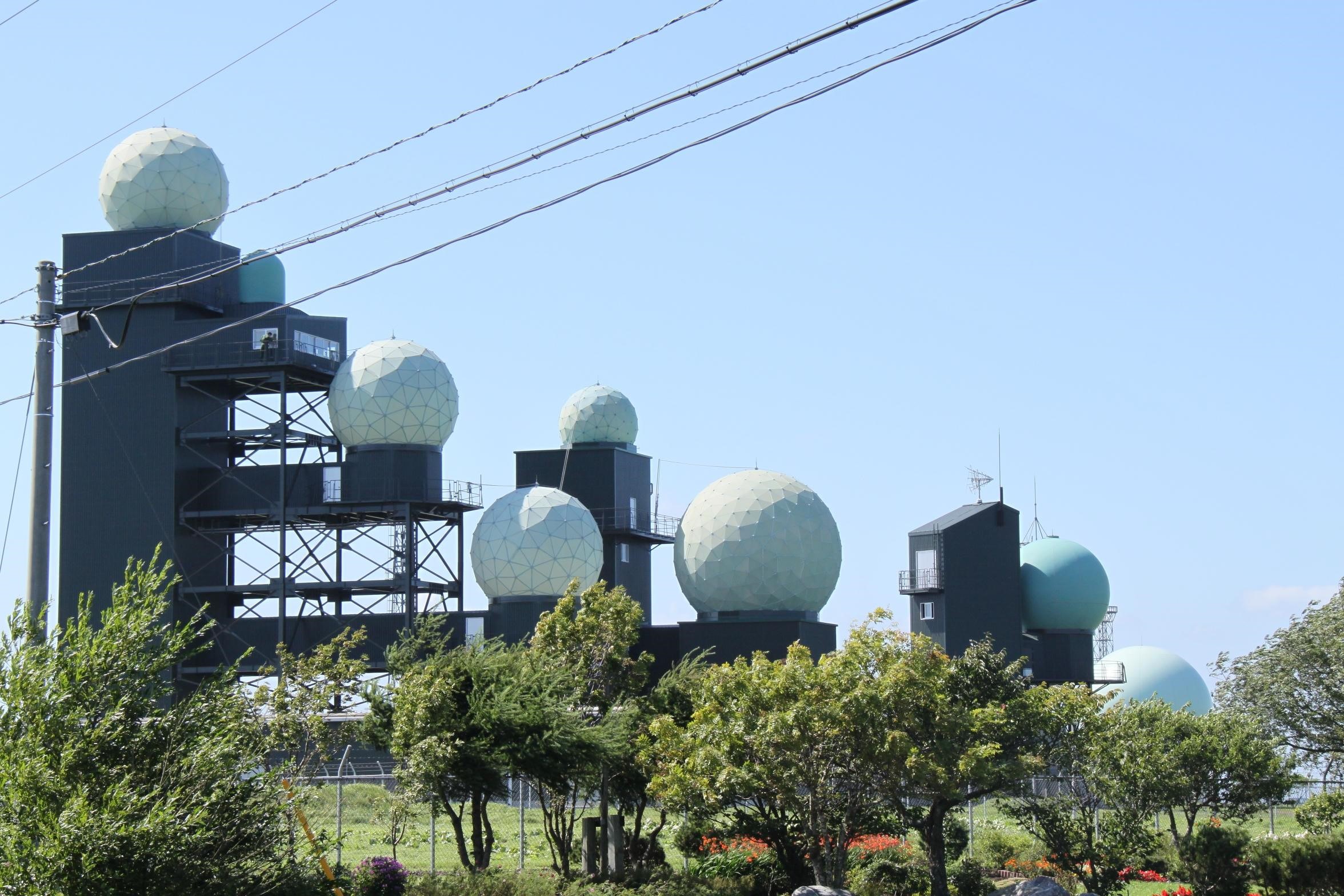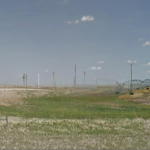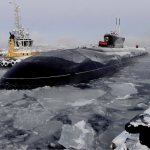Daily Report Archives
Established in December 1993, the Nautilus Institute’s *N*ortheast *A*sia *P*eace and *S*ecurity *N*etwork (NAPSNet) Daily Report served thousands of readers in more than forty countries, including policy makers, diplomats, aid organizations, scholars, donors, activists, students, and journalists.
The NAPSNet Daily Report aimed to serve a community of practitioners engaged in solving the complex security and sustainability issues in the region, especially those posed by the DPRK’s nuclear weapons program and the threat of nuclear war in the region. It was distributed by email rom 1993-1997, and went on-line in December 1997, which is when the archive on this site begins. The format at that time can be seen here.
However, for multiple reasons—the rise of instantaneous news services, the evolution of the North Korea and nuclear issues, the increasing demand for specialized and synthetic analysis of these and related issues, and the decline in donor support for NAPSNet—the Institute stopped producing the Daily Report news summary service as of December 17, 2010.

Suzy Kim writes, “On May 24, 2015, thirty women peacemakers from fifteen nations walked with Korean women of the North and South to call for an end to the Korean War and the peaceful reunification of Korea on the seventieth anniversary of its division.
“In this essay, I begin by exposing the subtle forms of sexism embedded in the critical reaction to our Peace Walk while debunking the specific arguments made against Women Cross DMZ and the women of both Koreas who supported and co-organized the walk. Then, I situate the Peace Walk within the broader history of the global women’s peace movement, and finally go on to share some of my experiences behind-the-scenes of both organizing and participating in the Peace Walk that illustrate a feminist history of Women Cross DMZ.”
Go to the article

DETERRENCE: The massive OPM hack actually hit 21 million people DPRK: NK diplomat steals spotlight in regional forum GOVERNANCE AND CIVIL SOCIETY: Youth unemployment rate in Korea reaches highest in 15 years AUSTRAL PEACE AND SECURITY: ANZUS, China and the prisoner’s dilemma DETERRENCE: The massive OPM hack actually hit 21 million people, Kim Zetter, Wired (9 July 2015) The […]
Go to the article

This is a study of Japan’s ground-based signals intelligence (SIGINT) stations, the 17 (soon to be 19) major f…
Go to the article

North Korea’s new leader inherited a large standing conventional military. Shortly after taking over, he succeeded in launching a rocket and testing a nuclear device. His actions were likely primarily driven by domestic concerns. North Korea’s governance system seems to seek strong domestic support in part by being able to demonstrate a set of strong external forces allied against the nation, which helps to make acceptable the consolidation of decision power under one charismatic leader and justifies diverting a larger portion of the populace away from the civilian sector of the economy and into the military than is the case in any other country. This large standing conventional force demands a surprisingly modest proportion of North Korea’s overall energy usage (though a much larger fraction of the DPRK’s limited petroleum fuels supplies) indicating a large, but not particularly active military. Despite increased tensions in recent years, it is not clear that North Korea’s military has actually increased its overall energy demand. North Korean military energy usage seems more or less static over the years and is consistent with observations that North Korean rhetoric regarding potential military actions has increased, but that the actual actions of the DPRK’s conventional military remain muted.
Go to the article

DETERRENCE: Crews to start unprecedented 3-carrier swap this summer DPRK: US envoy on North Korea Sydney Seiler says Iran deal proves flexibility GOVERNANCE AND CIVIL SOCIETY: Students protest in Taiwan over ‘China-centric’ education CLIMATE CHANGE AND AND SECURITY: Beijing is finally getting serious about climate change DETERRENCE: Crews to start unprecedented 3-carrier swap this summer, Lance Bacon, Navy Times (12 July […]
Go to the article

by David von Hippel Contributing authors: Yi Wang, Kae Takase, Tetsunari Iida, Myungrae Cho, and Sun-Jin Yun 28 July 2015 I. Introduction David von Hippel writes that following the Fukushima nuclear disaster, there is an increasing ‘recognition that new paradigms are needed to deal with expanding complexity in the relationships between the issues and actors […]
Go to the article

DETERRENCE: Effort to overhaul nuclear missile system expected to begin this fall DPRK: Why do North Koreans even vote? GOVERNANCE AND CIVIL SOCIETY: Debate over security bills masks clash of views on pacifist constitution CLIMATE CHANGE ADAPTATION: The Antalya report: Disaster risk reduction in a changing climate AUSTRAL PEACE AND SECURITY: Australia and Indonesia: time for a rethink? DETERRENCE: Effort […]
Go to the article

Potential Points of Entry The following links are a list of “Potential Points of Entry” for the insertion of sustainable and ethical investment rules. These points of entry are institutions and mechanisms at the global, national, and subnational level. These include the fora in which investor rights are negotiated and arbitrated, such as the WTO […]
Go to the article

The Tesla Powerwall battery has the potential to demand further change of the utility industry, perhaps in some places shifting electricity provision to an entirely different business model. How the impact of the Tesla battery and related energy storage developments play out for traditional sources of power—including coal-fired and nuclear plants—will be fascinating to observe, and may force some hard choices and harder changes on the part of electric utilities.
Go to the article

DETERRENCE: Only one Borei-class sub to join Russia’s Pacific Fleet this year — source DPRK: Kim Jong Un tours pesticide facility capable of producing biological weapons GOVERNANCE AND CIVIL SOCIETY: Draft law may test resilience of Chinese civil society CLIMATE CHANGE ADAPTATION: Port Vila Climate Vulnerability Assessment – Abridged Report (draft) DETERRENCE: Only one Borei-class sub to join Russia’s […]
Go to the article











